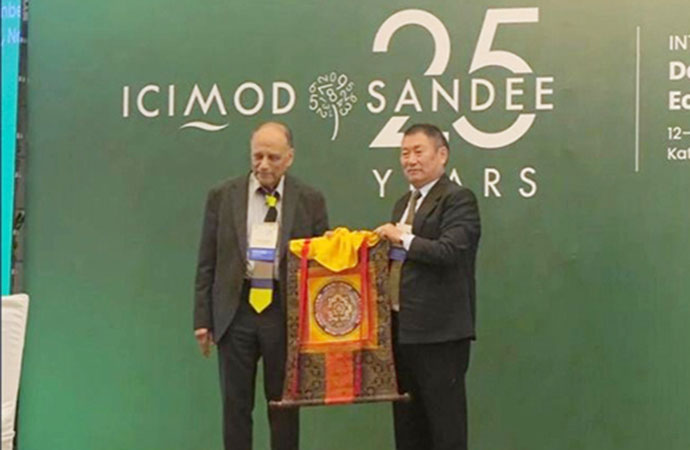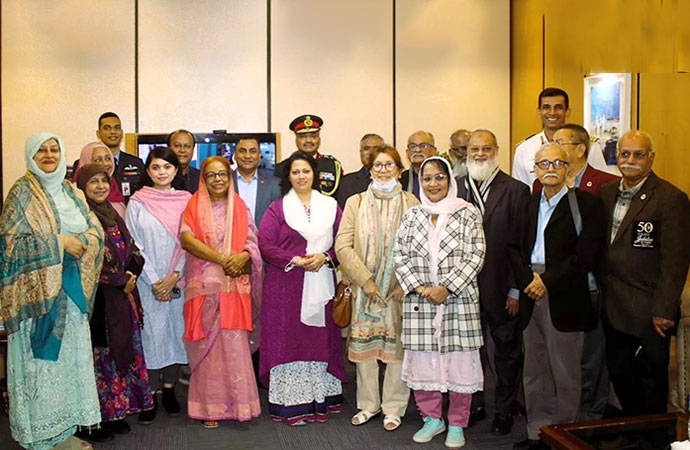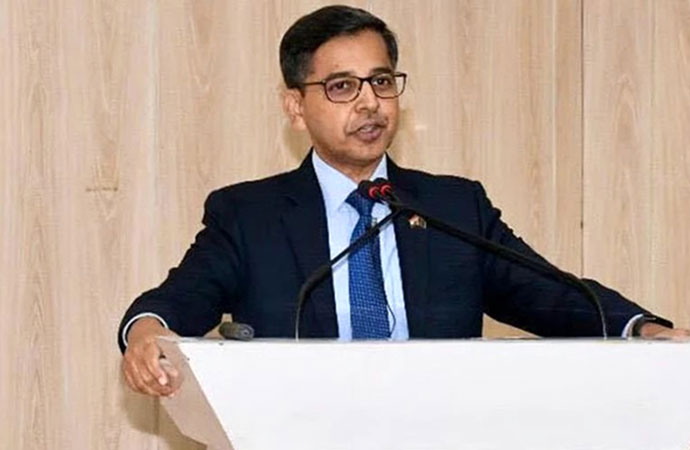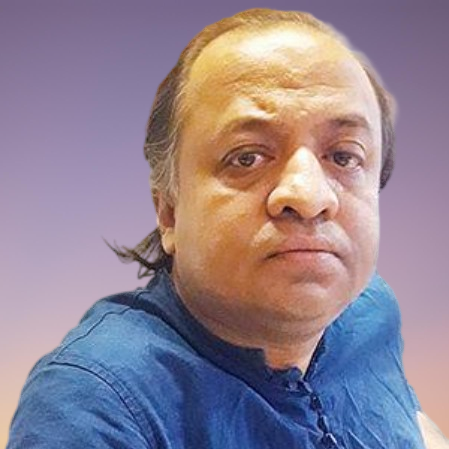Culture

I was first introduced to West Bengal poet Samarendra Sen Gupta at poet Muhammad Samad's residence at Dhaka University teachers' quarters in 2010. He wore a khaddar panjabi and carried a bag. His pleasant personality was easily expressed through his softness of speech and cool temperament. During that year, Gupta visited Dhaka to participate in the National Poetry Festival. On that evening, poets Mahadev Saha, Nirmalendu Goon, Lutfor Rahman Riton, Aslam Sani and a number of writers sat together and conversed on many contemporary issues. Gupta, however, was a little silent and fortunately I sat beside him. Sometimes I talked to him about his childhood, poetry and his becoming a poet. He could be articulate.
With his passing, we have lost one of the leading contemporary poets of Bengali literature, one who truly projected our lives, nature, reflections and contemplations of life. Most of his poems have a great touch of modernity.
Gupta was born in Dhaka in 1935 and spent the first sixteen years of his life here before moving to Calcutta (now Kolkata) in 1951. He was a student of Pirenonath High School (now Nawabpur High School). He passed his matriculation in 1951 from the same institute and migrated to Calcutta the same year. After settling in Calcutta, he became involved in left-wing politics.
Gupta remembered life as it was in Dhaka. As he noted, "Dhaka life was very vivid and colourful. The city was expanded focusing on Old Dhaka. The population of Dacca was not large. We lived in a big house in Purana Paltan. The house had a touch of aristocracy. The rose garden in our house was famous in the city at the time. Lots of level-headed persons used to come to our house, especially for the garden. My father was the registrar of Dhaka University. We had quite a few eminent neighbours, like Jasimuddin, Mohitlal Majumdar, Ramesh Chandra Mazumdar and more. Most of the people who lived in our area were Hindus. Most of them were involved with Dhaka University."
Gupta continued: "At the time, riots were a regular feature in Dhaka and people lived in anxiety. There would be a number of riots every year around the time of Durga Puja, Janmashtami, Muharram or other religious festivals. The common people were very helpless. Influential people led these illicit activities.
"After 1947, the situation started deteriorating rapidly and most of our Hindu neighbours started selling their houses and migrated to India. Hindus felt very insecure. My family migrated to Calcutta in 1951."
Gupta began writing in 1956-1957. His first write-up was published in his college magazine. Afterwards, the legendary author Premendra Mitra requested him to write for his literary journal. The journal was very prominent during that period. In his career, Gupta worked for Anandabazar's Ochena Shahor from 1958 to 1959. Once he worked for the Kolkata Korcha where Sunil Gangopadhyay, Shyamol Gangopadhyay and Shirshendu Mukhopadhyay were his colleagues. Then he wrote for many literary journals and poetry quarterlies. Once he even worked as a sales executive for East India Pharmaceuticals.
Gupta is generally a modernist poet. He is also a prolific poet and his poems are of outstanding intellectual quality. Incidents of everyday life can be found in much of his poetry. He frequently experiments with form and content. He often approaches surrealism and expressionism in his works. He uses the imagery of the moon, sun, sky, lush greenery, clouds and other natural wonders in his poetry. His poetry shows a considerable degree of social awareness and a sense of satire. His works also focus on Kolkata's contemporary life and times.

























Leave a Comment
Recent Posts
Mobs Run Amok: An affront to H ...
It was a bitter disappointment to see the violent attacks on the offic ...
From Pope Francis to Charlie K ...
The death of Pope Francis brought change to the Catholic Church, which ...
In mourning Hadi, let us strengthen our resolve
Israeli Prime Minister Benjamin Netanyahu
The BNP’s acting chairman Tarique Rahman is returnin ..
ICIMOD chief hails SANDEE’s 25 years of shaping Sout ..